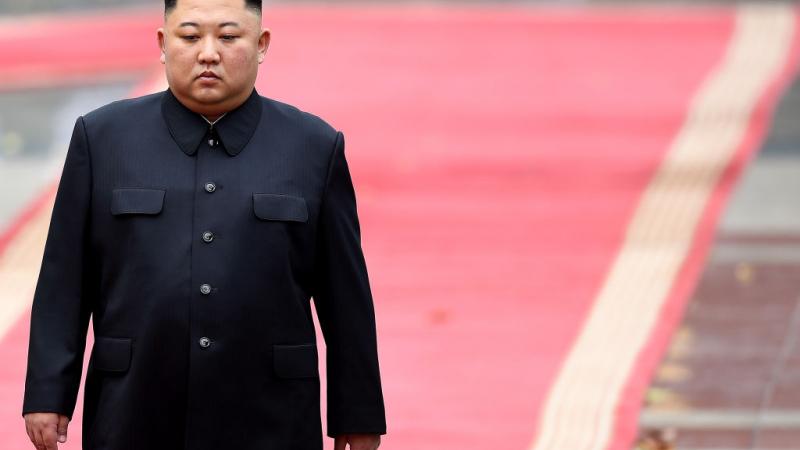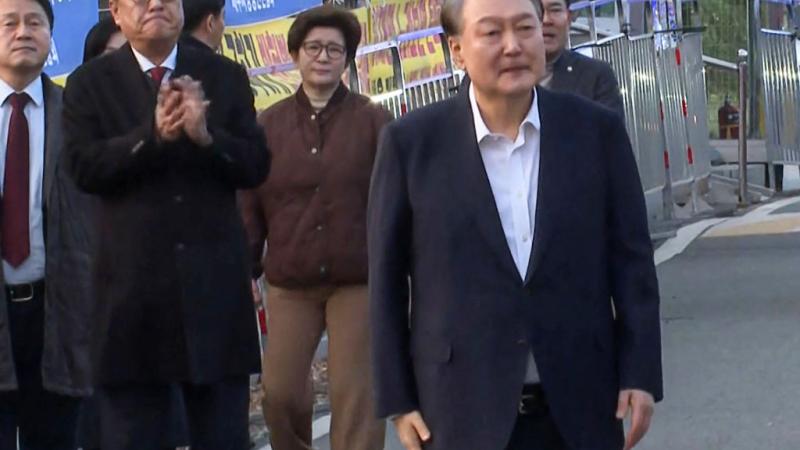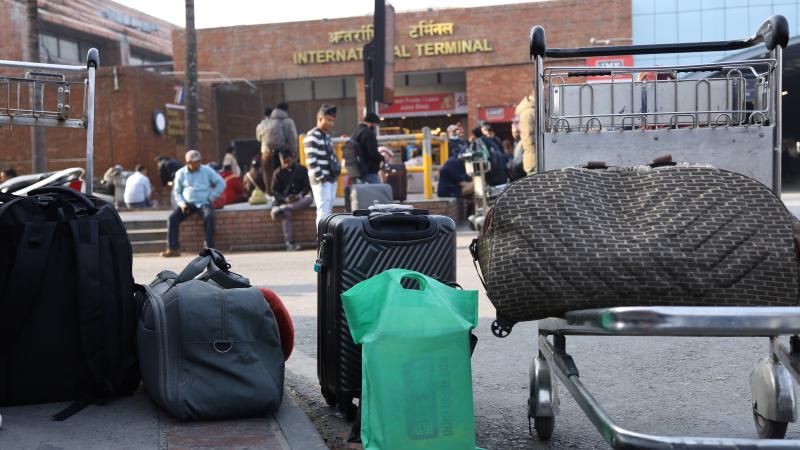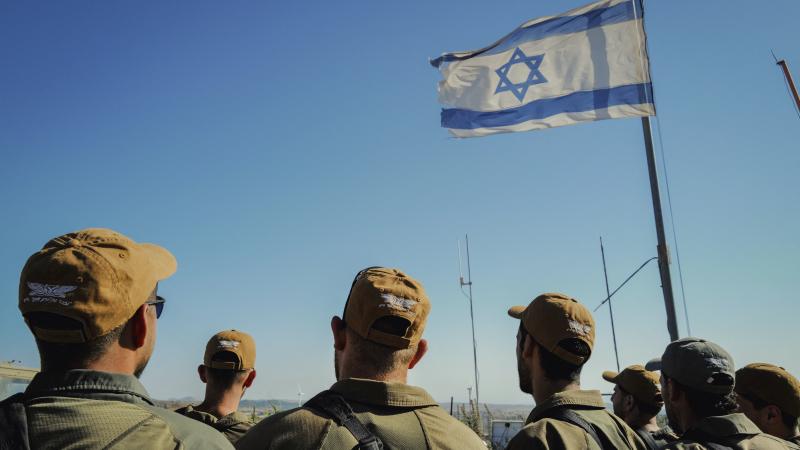Amid rising threat, US arms shipments to Taiwan lag as Biden prioritizes Ukraine
"There's a $19 billion backlog," said Rep. Mike Gallagher, chairman of the House Select Committee on China.
Even as a China emboldened by the U.S. flight from Afghanistan escalates its threats toward Taiwan, the vulnerable island democracy finds itself lacking promised U.S. weapons vital to its defense against potential invasion from the mainland, according to lawmakers and security experts — with some blaming backlogged arms shipments on the Biden administration's prioritization of Ukraine.
"I was in Taiwan a couple of months ago and probably my biggest takeaway was that we need to actually deliver the weapons that they've purchased that have been approved but are backlogged right now," said Rep. Mike Gallagher (R-Wisc.), chairman of the new House Select Committee on China, said in an interview on "Winning the New Cold War: A Plan For Countering China," a new special report hosted by John Solomon and sponsored by Heritage Action for America. "There's a $19 billion backlog."
In a December letter to Secretary of State Antony Blinken, Missouri Republican Sen. Josh Hawley blamed the backlog on the administration's misplaced prioritization of supplying Ukraine.
Citing his "concern about reports that U.S. arms transfers to Ukraine are impeding our ability to prevent a war in Asia by supplying Taiwan with the weapons it needs to deter a Chinese invasion," Hawley wrote: "We should be clear: Taiwan is more important for U.S. national interests than Ukraine. Seizing Taiwan is Beijing’s next step toward dominating the Indo-Pacific region. If Beijing succeeds, it would have dire ramifications for Americans' national security, as well as our economic security and freedom of action. We must not let this happen. Averting the real and growing threat from China requires us to expedite delivery to Taiwan of the weapons it needs to defend itself — provided Taiwan commits to an asymmetric defense, significantly increases its own defense spending, and pursues necessary defense reforms."
Gallagher views the invasion of Ukraine itself as a failure of U.S. deterrence and fears the Biden administration will only repeat its failure unless it can expedite arms shipments to Taiwan
"I think one of the clear lessons of the war in Ukraine is that only hard power deters," Gallagher said. "The vague threat of sanctions or mean tweets coming out of the State Department doesn't give us a chance at deterrence. Only hard power deters.
"So if we don't want to experience a massive deterrence failure like that we see in Ukraine, we need to make sure we're surging hard power to the Indo-Pacific — and the Biden administration is just not moving with a sense of urgency."
In a fiery speech last year at the opening of the 20th Congress of the Chinese Communist Party, CCP Chairman and Chinese President Xi Jinping announced a new effort to accelerate the growth and capability of the country's military while vowing to oppose the drive for "separatism" and independence in neighboring Taiwan by force if necessary.
Former Trump administration National Security Advisor Robert O'Brien says that what struck him on a recent visit to Taiwan was that the CCP is using the Biden administration's abrupt withdrawal from Afghanistan in 2021 to frighten Taiwan and break its will to resist invasion from the mainland.
"[A]s part of their influence operations in Taiwan," O'Brien said on the special report, the CCP "is using the Afghan withdrawal to try and demoralize the people of Taiwan and is saying, 'Look, the Americans aren't gonna stand by you. Look at what happened in Afghanistan.'"
The CCP, he said, is using harrowing images from the botched withdrawal from Kabul to drive home the message that resistance is futile.
"They actually show pictures of the C-5s and the C-17s rolling down the airport on the runway at the Hamid Karzai Airport with people falling off and chasing the aircraft," he said. "Their message is not very subtle. It's 'This is going to happen to you, so you better cut a deal with us.'"
O'Brien was quick to add he doesn' think the U.S. is about to let its strategic economic and military ally fall, as the stakes are simply too high.
"I think America will stand by Taiwan," he said. "We understand how important it is geopolitically, but also to our supply chains. Ninety percent of the top chips that come from [chip fabrication giant Taiwan Semiconductor Manufacturing Co.] are the small-nanometer chips that we use in our defense products and our consumer products. They come from Taiwan. We can't give that to the Chinese or allow the Chinese to capture the chip market. That would be a disaster for the world economy and for our national security."
House Speaker Kevin McCarthy recently led a bipartisan congressional visit to Taiwan to reinforce the strength and strategic importance of the alliance between the U.S. and Taiwan.
"I believe our bond is stronger now than at any time or point in my lifetime," McCarthy said. "The friendship between the people of Taiwan and America is a matter of profound importance to the free world, and it is critical to maintain economic freedom, peace and regional stability."
















